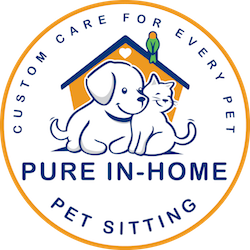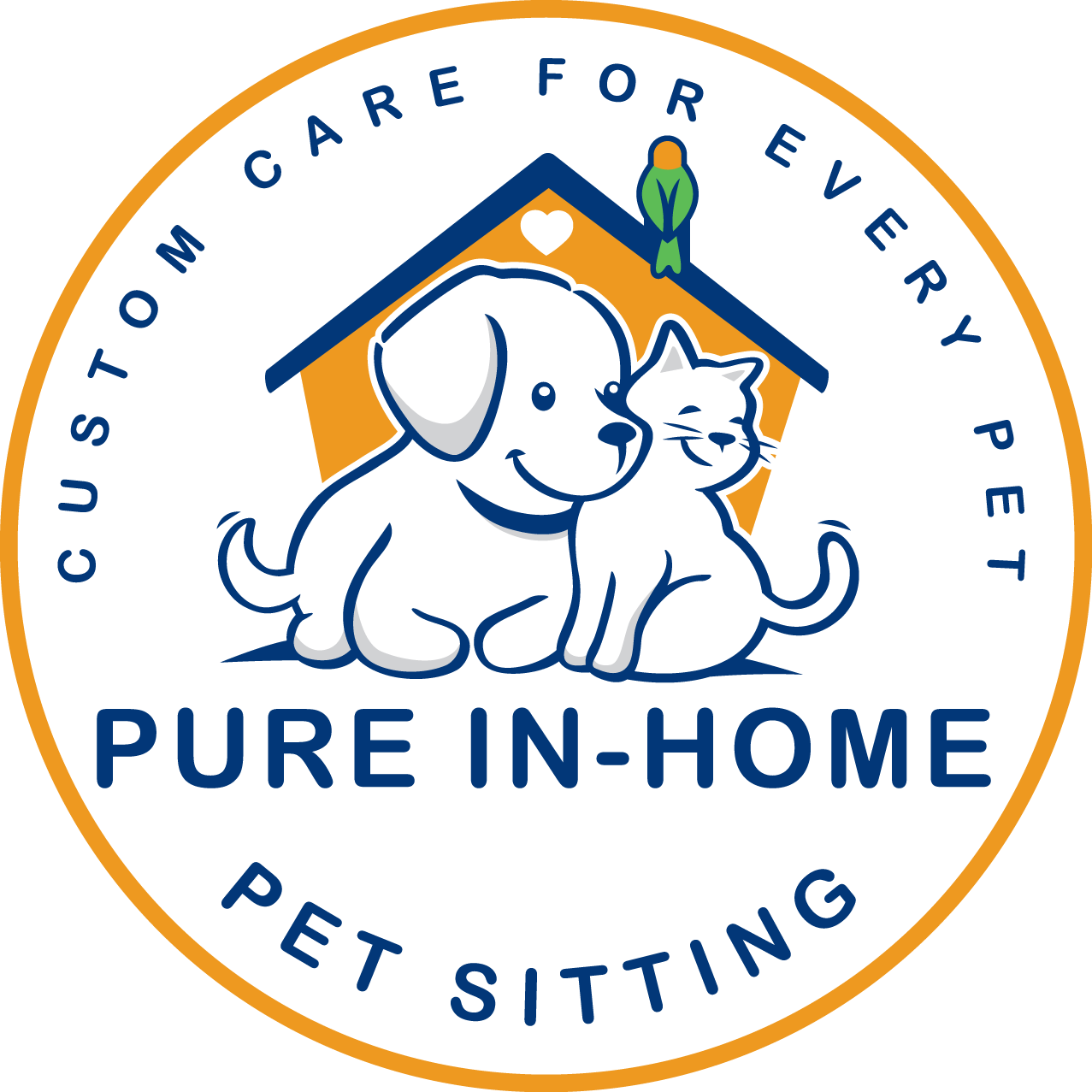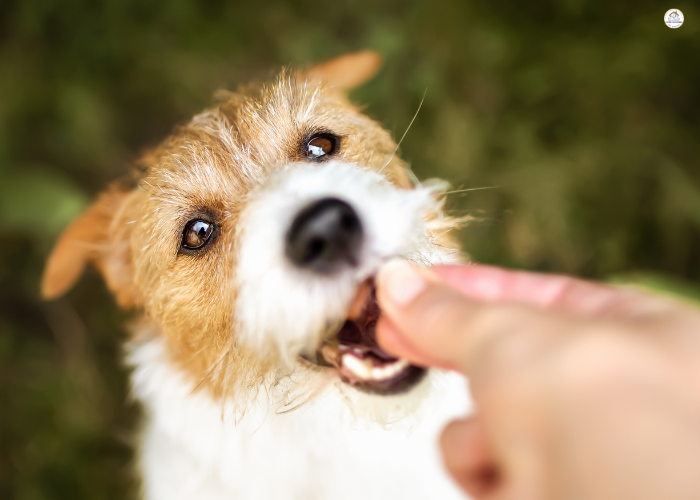How Often Should I Brush My Dog's Teeth? A Simple Guide for Pet Parents
Just like us, dogs need regular dental care to stay happy, healthy, and pain-free. While most pet parents are great about giving their pups good food, exercise, and love, dog dental care often falls to the bottom of the priority list. But here’s the truth: ignoring your dog’s teeth can lead to serious health issues, including gum disease, tooth loss, and infections that can even affect internal organs.
The good news? Learning how to clean dogs’ teeth is easier than you think. In this guide, we’ll walk you through the why, what, and how of dental care for dogs’ teeth, so you can keep those tails wagging and mouths smiling.
Why Dental Care Matters for Dogs
Dental disease (also known as periodontal disease) is the second most common health issue in dogs, right after ear infections. It affects around 80% of dogs over the age of three and can be painful, expensive, and even life-threatening in extreme cases.
In fact, there’s growing concern among pet parents asking, “how many dogs die from teeth cleaning?” The truth is, most modern veterinary cleanings are very safe, especially under professional supervision. The risks usually arise when dental disease is left untreated for years, leading to complications like infection or organ damage.
Some warning signs of dental trouble include:
Bad breath (it’s more than just “dog breath”)
Yellow or brown buildup (plaque and tartar)
Red, swollen, or bleeding gums
Drooling more than usual
Difficulty eating or loss of appetite
Pawing at the mouth or face
If you notice any of these signs in your dog, contact your vet as soon as possible.
How to Clean Dogs’ Teeth (Without Stressing Out)
Now, let’s talk about solutions. How to brush dog teeth is one of the most common questions pet owners ask—and thankfully, the answer is simple and manageable with consistency.
1. Brushing 101
Brushing your dog’s teeth is the gold standard for dog dental care. Ideally, it should be done daily, but even a few times per week can make a big difference.
Use dog-friendly toothpaste (never use human toothpaste—it’s toxic to dogs).
You can find a toothbrush designed for dogs, or use a child-size brush or a finger brush.
Let your dog sniff and taste the toothpaste first.
Gently lift their lips and brush in small circular motions.
If you're wondering how to brush dog teeth for the first time, take it slow. Introduce brushing gradually—start by rubbing their gums with your finger, then transition to a brush over time.
2. Dental Chews and Toys
Dental chews are a convenient way to supplement brushing. They help remove plaque while satisfying your dog’s natural chewing instincts.
Look for VOHC-approved products (Veterinary Oral Health Council), and pair them with interactive chew toys that keep your dog engaged and their teeth cleaner.
3. Dry Food vs. Wet Food
When considering dental care for dogs' teeth, don’t overlook the impact of diet. While both dry and wet food have their place, dry kibble can be better for teeth because it provides light abrasion, helping reduce tartar buildup.
However, every dog is unique. Talk to your vet or local pet nutritionist to decide what works best for your pup.
Should You Try Dental Wash for Dogs?
Another great tool in your dog dental care kit is a dental wash for dogs. These are liquid solutions you can add to your dog’s water bowl to help reduce bacteria, freshen breath, and prevent plaque.
While not a replacement for brushing, they’re a helpful supplement—especially for dogs who dislike having their teeth brushed.
What About Bones?
Some owners consider bones a natural teeth-cleaning solution, and while teeth in a dog can benefit from chewing, bones come with risks.
Raw bones may help reduce tartar but can splinter or break teeth.
Cooked bones are dangerous and can cause internal damage.
Overenthusiastic chewers may suffer fractured teeth, which are painful and require immediate vet attention.
Always ask your vet before introducing bones into your dog's routine and supervise all chewing sessions.
Regular Dental Exams and Vet Visits
Even with the best at-home care, your dog still needs professional cleanings. Your vet will do a complete oral exam and may recommend X-rays or cleaning under anesthesia.
Some pet owners worry, “how many dogs die from teeth cleaning?” Rest assured, complications are rare and typically only happen if the dog already has severe underlying health problems. The vast majority of dogs recover quickly and are happier and healthier post-treatment.
Depending on what your vet finds, your dog may need:
Scaling and polishing to remove tartar
Tooth extractions (if there's severe decay)
Medication like antibiotics or anti-inflammatories
Tips for Puppies and Small Breeds
If you’ve just brought home a puppy—start brushing early! Puppies adapt quickly, and this will become part of their normal grooming routine.
Small breeds like Yorkies, Chihuahuas, and Dachshunds are more prone to dental problems due to the size and alignment of their teeth. These breeds often require more frequent cleaning to avoid infection and decay.
Flat-faced breeds (like Bulldogs or Pugs) also need extra care due to their jaw shape and crowded teeth.
Quick Weekly Dental Care Plan
Daily: Brush your dog’s teeth (or use dental wipes if brushing isn’t possible)
Twice a week: Offer a dental chew or safe chew toy
Weekly: Check for red gums, foul odor, or tartar buildup
Every 6-12 months: Schedule a professional dental checkup
Need Help Keeping Your Dog’s Routine on Track?
We all lead busy lives—and let’s be honest, sometimes things like brushing your dog’s teeth or checking their gums slip through the cracks. Or maybe you're planning a trip and worried your pet’s routine will get disrupted while you're away.
That’s where having the right support makes all the difference.
At Pure in-Home Pet Sitting, we know how important it is to maintain your dog’s daily habits—including their health routines. Whether it’s giving a dental chew after dinner, checking for signs of discomfort, or simply sticking to their schedule, our experienced sitters provide loving, in-home care that keeps your dog feeling safe and stress-free.
We serve dog parents across the Colorado Front Range, including Boulder, Longmont, Louisville, Erie, Westminster, Broomfield, Lakewood, Wheat Ridge, Englewood, Greenwood Village, Denver, Glendale, Highlands Ranch, Capitol Hill, Cherry Creek, Arvada, Golden, Littleton, Colorado Springs and surrounding areas, and we’re always happy to follow your instructions down to the last detail.
After all, it’s those small daily habits—like caring for your dog’s teeth—that help them stay happy and healthy for years to come.





